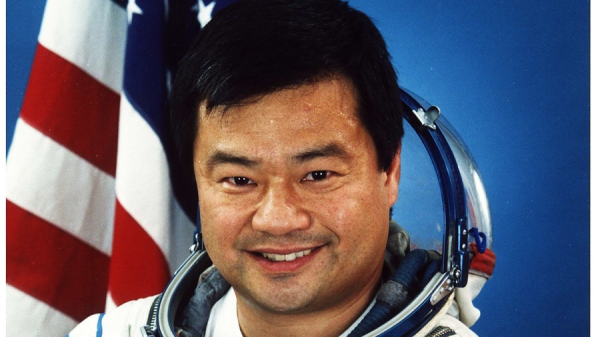Arizona’s public universities, including ASU, NAU, and UA, are expanding their healthcare worker programs to meet the state’s demand. The Arizona Board of Regents’ AZ Healthy Tomorrow project calls for rapid healthcare workforce development.
Registered nurses, physicians, and mental health personnel are scarce in the state, with over one in three institutions reporting shortages. Medical graduates are needed to fill healthcare gaps.
READ ALSO: Surgeon General advocates for social connection at ASU

ASU announces future medical school (Photo: Google)
How are Arizona universities improving the healthcare workforce and education access?
NAU and UArizona offer affordable medical education and programs to reduce student debt in exchange for state service to solve these challenges. In partnership with Mayo Clinic, ASU expands its health programs to train healthcare workers.
The Flagstaff site of the NAU College of Medicine is unknown. Phoenix, Yuma, and Tucson will open more primary health professions programs and raise enrollment from 49 to almost 450. This expansion improves rural, tribal, and urban healthcare. The medical school will prioritize teaching and practice above research in conjunction with local health agencies. The program emphasizes behavioral health, community health, and cultural practices for Indigenous and Hispanic populations, training resilient, practice-ready doctors for statewide impact.
UArizona is enhancing rural and telemedicine networks, while NAU Health plans rural residencies. There’s a need for health students in rural care, given ecological challenges, academic disparities, and a loneliness epidemic, as per the Surgeon General’s report.
READ ALSO: Little Amal, Queen of the Monarchs and symbol of human rights in 360

















































